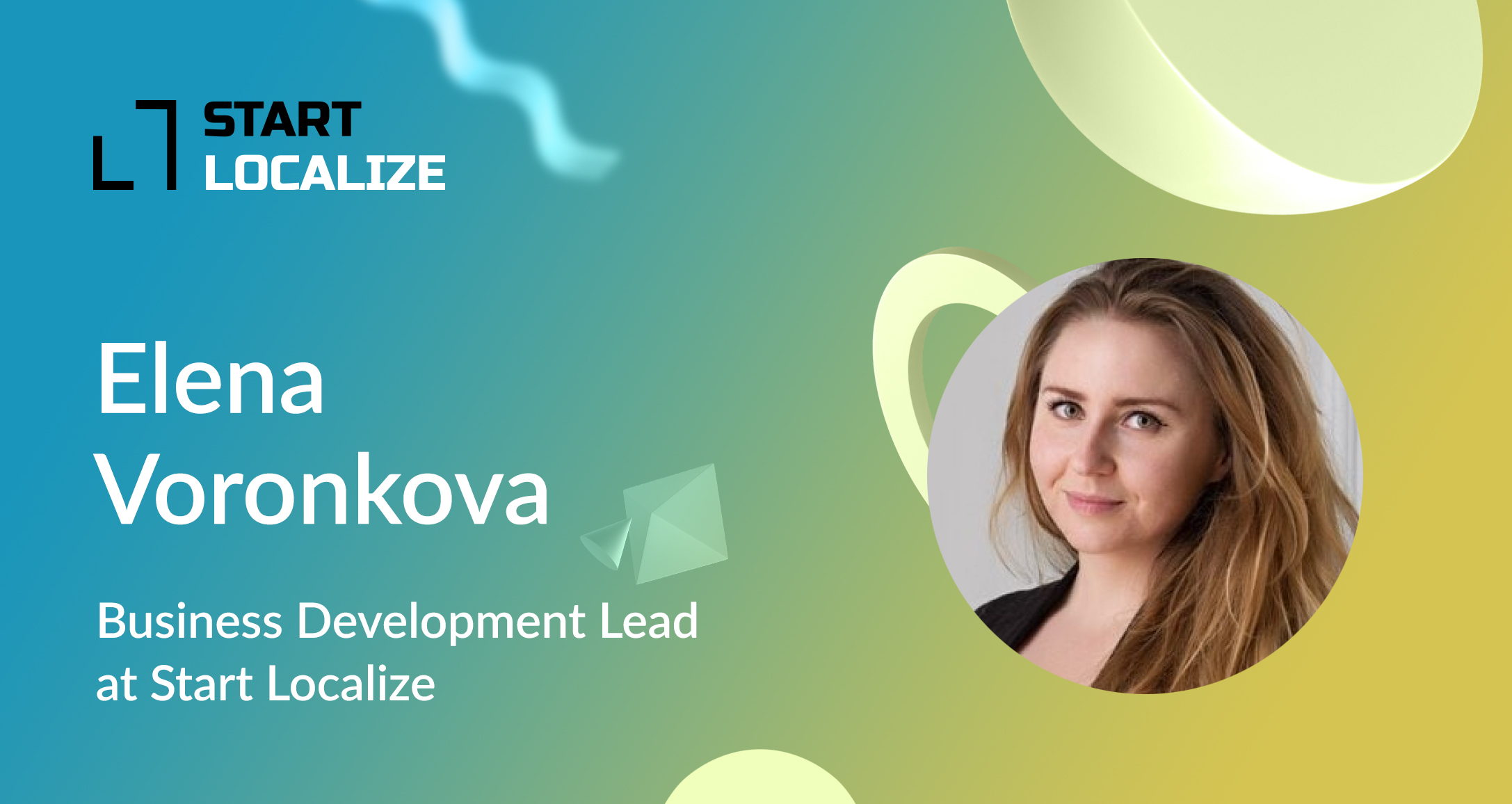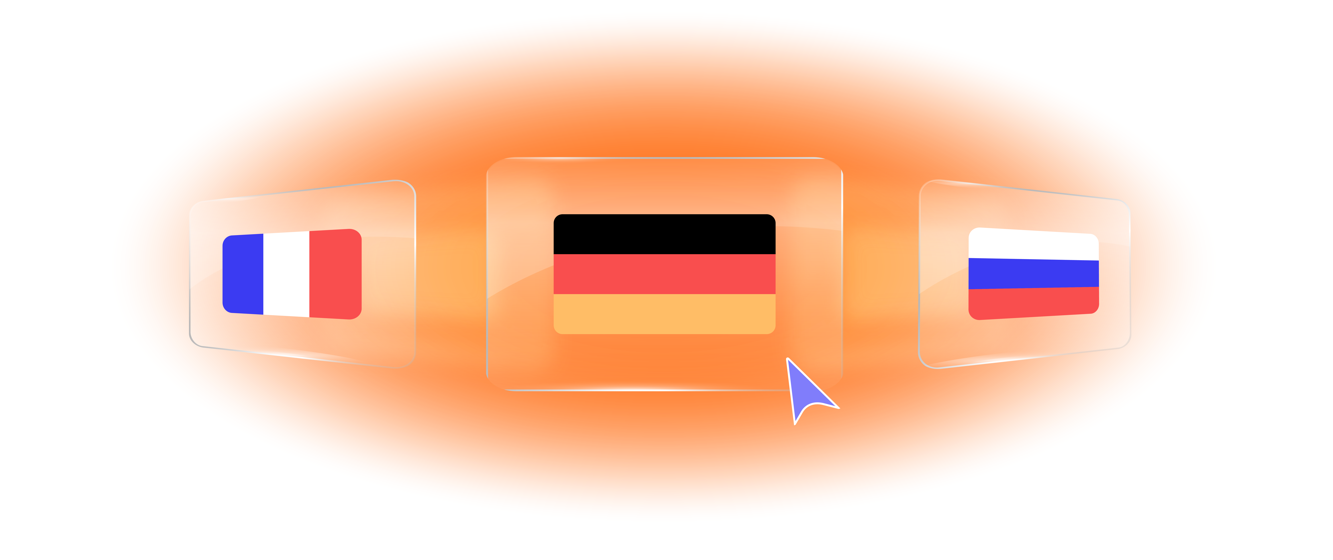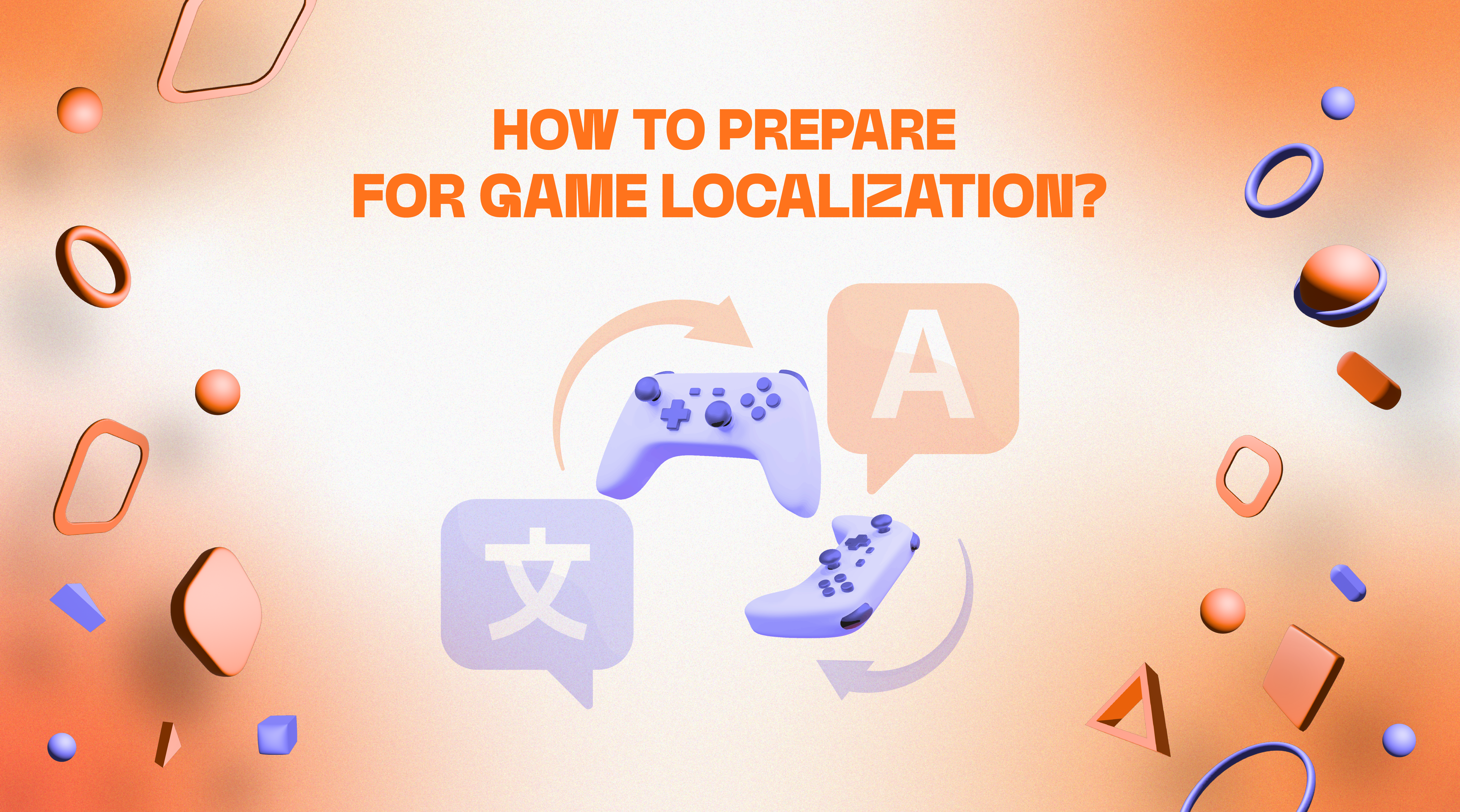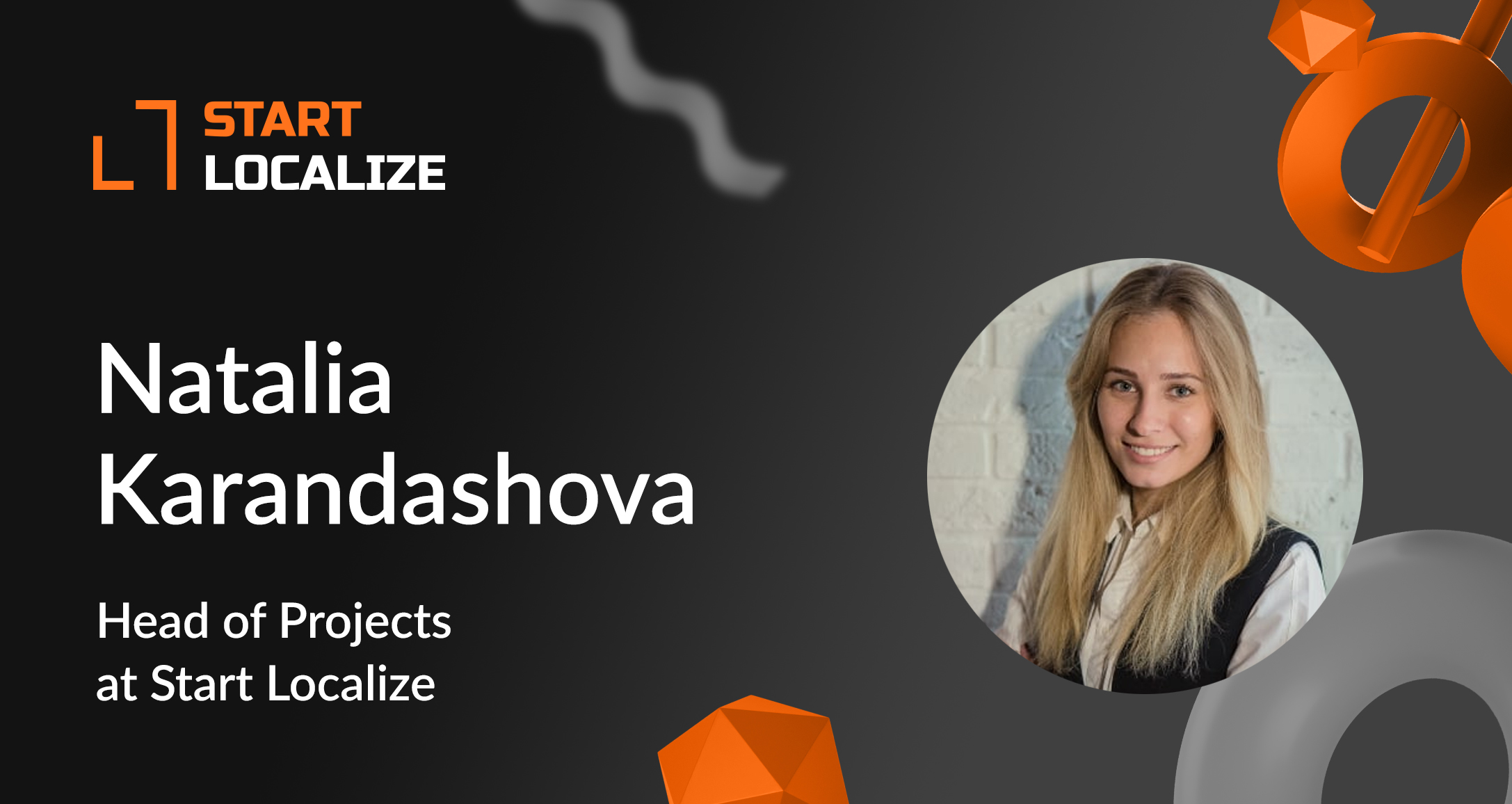My name is Elena. At the moment, I'm a leading sales manager at the game localization studio Start Localize. I'd like to use this opportunity to share some of my experience building sales and dialog with the GameDev world.
I remember a few years ago when I was looking for work, I heard a horoscope for my zodiac sign, and the astrologist was saying that some planet was entering into some house in my horoscope, which meant that I was going to travel a lot, talk to foreigners, or work with foreign languages. Travel didn't happen unfortunately, Covid happened, but foreign languages worked out excellently!
The head of a translation company called me and offered me a position as sales manager there. It helped me learn a lot of new Russian words, like "geimdev" (GameDev), "pablisher" (Publisher), a few other things, and of course, "lokalizatsiya" (localization).
To tell the truth, I wasn't really sure what the difference was between localization and translation straight away. Do you know the difference? Alright then, translation means getting the meaning across, but localization means understanding the soul and mentality behind a piece of work. And that in particular, understanding the soul, turned out to be really damn important. To expand on that, my understanding in simple words is like so: it's important to get the atmosphere of a game across using descriptions, lines, dialog, and interjections that characterize the region that the game is being localized for, and suit the time that the game is released. You can take a language from any culture and see that, as surprising as it may seem, it's a living, breathing thing that can change easily. Therefore, only native speakers localize and edit game texts.
And imagine what it's like to sell a service in a field that you don't understand anything about. How do you sell localization if you yourself have never played a computer game and have never experienced any interest in doing so? I can assure you, as you'll come to see. It's the same sale, but with a long transaction cycle, a year or more. Yes, you'll have to be patient.
What sort of people are gaming industry representatives? They're very simple, very surprising, very smart, and often very introverted people. They don't like to chat over the phone or waste time on nothing. And this is where it gets difficult for salespeople who are used to selling not just using their expertise, but also their emotions, intonations, and humor. And like with any other client, you need to be very honest, open, and clear with representatives from the gaming industry. It's also important to speak their language and not be intrusive.
Do you know what was the most difficult thing for me? It was purely written communication. Either via social media or using conference platforms. By the way, from my point of view, offline, physical conferences are the ideal way to meet and establish business relations. Adrenaline, of course, adds to the cost of attending such conferences. Even the cheapest ticket and travel can cost at least $550. And if the conference isn't in your home country, you can also add flights, accommodation etc. to that cost. In other words, if you make 100 new contacts at the event, get the interest of 10, and one person makes a purchase, then this one lead will have cost you an arm and a leg :) So, dear colleague, be more fun, more of an expert, and more cheerful. Your expertise and communication skills are defining factors when it comes to sales. Once it comes to starting the project, you need to carry out thorough preparation work to collect information about the project, gain access to the game itself (potentially only to a demo), put a glossary together, among other things. At this stage, we'll also get a project manager involved in the discussion, and they can ask further questions about the project. It's also a good idea to discuss and agree with the client about creating a group chat using a messaging service that's convenient for both parties. Be in contact with the client 24/7 and ask as many questions as you can, even if they seem insignificant. This will help you either avoid errors, or in the worst-case scenario, reduce the number of errors and establish a workflow that's as productive as possible.
Also, don't beat yourself up about minor errors. Everybody makes mistakes, I assure you. Everyone goes over the deadline sometimes. However, not everyone can establish communication in such a way so as to discuss and smooth over them. It's important to be as transparent and open about your work as possible. Give the client the chance to check how the project is going at any moment and adjust your work. This is also perfectly fine, and, to be frank, very convenient.
By transparency and openness, I mean unimpeded communication with the entire team; feel free to involve project managers, translators, editors, as well as participants from the client's side in the discussion. Remove any middlemen between the customer and workers, this means you can help prevent things like phone issues and misunderstandings causing too much of a problem.
When working on the project, you definitely cannot do without the various IT tools needed during localization. I also recommend being open towards the industry, dear colleagues. Share experience and be generous when exchanging knowledge. Then we'll all be happy :)
High sales and great customers to all of my colleagues!




